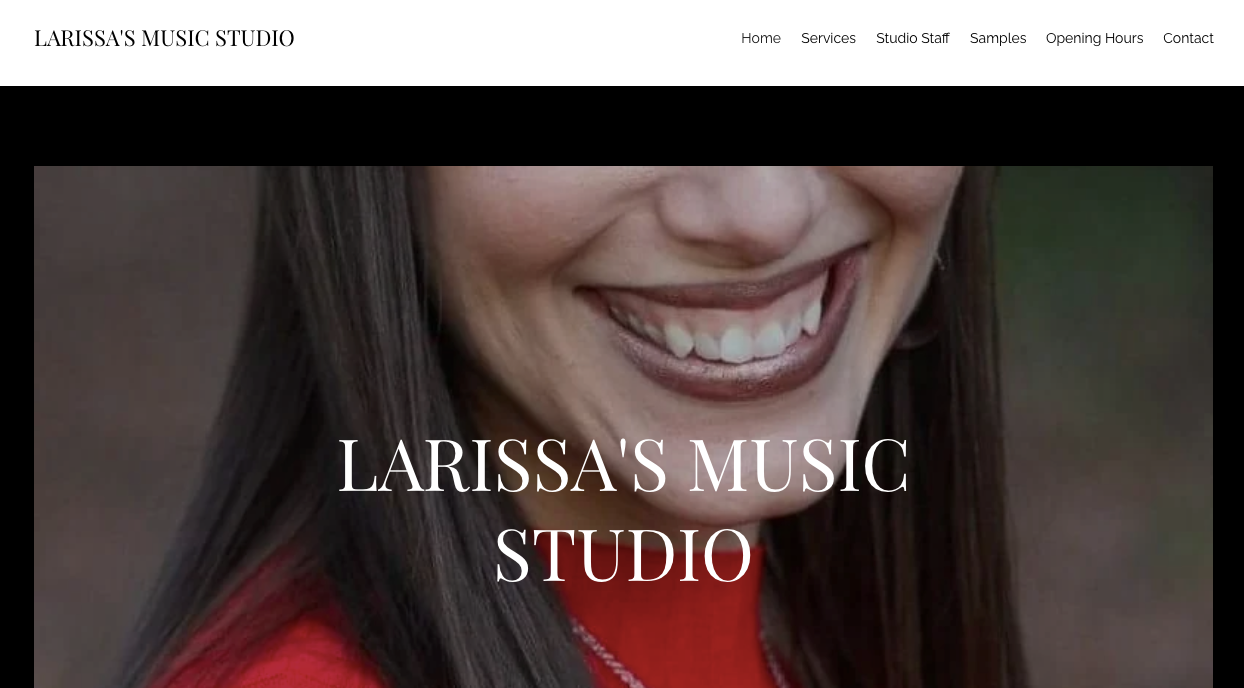Learning how to sing and improve your vocal abilities can be an exciting journey for anyone looking to explore their musical talents. With the right guidance, practice, and patience, anyone can develop their singing skills and take their voice to new heights. If you’re a resident of Blue Springs, Missouri, and are looking for the best singing and voice lessons in the area, you’ve come to the right place.
There are numerous singing and voice coaches in the Blue Springs area, each with their own unique teaching style, approach, and expertise. From beginner to advanced levels, there are plenty of options available to cater to different skill levels and interests.
In this article, we’ll be highlighting the 10 best singing and voice lessons near Blue Springs, Missouri. We’ve carefully selected these options based on factors such as their reputation, teaching methods, success rates, and feedback from past students.
Whether you’re looking to pursue a career in singing or just want to improve your skills for personal enjoyment, these singing and voice lessons will help you achieve your goals. So, without further ado, let’s dive in and explore the top 10 singing and voice lessons in Blue Springs, Missouri.
1. Larissa’s Music Studio

Website: http://www.larissasmusicstudio.com/
Address: 109 NE Gaslight Ln, Blue Springs, MO 64014
Larissa’s Music Studio is a well-established music school located in Blue Springs, Missouri. The studio has been providing high-quality music lessons for over a decade, and their experienced instructors are dedicated to helping students of all ages and skill levels achieve their musical goals.
The studio offers private lessons in a variety of instruments, including voice, piano, guitar, and drums. Larissa’s Music Studio also provides group classes for students who prefer a more collaborative learning experience. The teachers at Larissa’s Music Studio are highly trained and experienced, and they focus on creating a fun and engaging learning environment to help students develop their skills and confidence.
Larissa’s Music Studio offers a free trial lesson for new students, so they can get a feel for the studio before committing to regular lessons. The studio is conveniently located on Gaslight Lane in Blue Springs and is easily accessible from nearby areas. Whether you’re a beginner or an experienced musician, Larissa’s Music Studio is a great place to learn and grow your musical abilities.
Tips for Learning How to Sing
Learning how to sing can be a fulfilling and enjoyable journey. However, it can also be challenging, especially for beginners who may be unsure where to start. If you’re looking to improve your singing abilities and take your voice to new heights, there are several tips and techniques you can use to make the process smoother and more enjoyable. In this article, we’ll discuss some of the best tips for learning how to sing.
Warm-up exercises
Before you start singing, it’s important to warm up your voice. Just like any other physical activity, singing requires preparation to avoid straining your vocal cords. Simple exercises like humming, lip trills, and tongue twisters can help warm up your voice and improve your singing abilities.
Proper breathing
Breathing is a crucial component of singing. To produce a clear and powerful voice, you need to control your breath and use it effectively. Proper breathing techniques involve using your diaphragm and expanding your stomach as you inhale, rather than raising your shoulders or chest. This technique allows you to take in more air, which can improve your tone and sustain your notes.
Posture
Your posture can also affect your singing abilities. Standing or sitting up straight can help improve your breathing and prevent tension in your neck and shoulders. Additionally, keeping your head level and your chin parallel to the ground can help prevent strain on your vocal cords.
Pitch control
Pitch control is a fundamental skill for any singer. It involves matching the notes accurately, either by ear or with the help of an instrument like a piano or guitar. One way to improve your pitch control is to practice singing along with a recording of a song you’re familiar with. You can also use a pitch pipe or a smartphone app to help you stay in tune.
Vocal range
Your vocal range refers to the range of notes you can sing comfortably. Every person’s vocal range is different, and it’s important to find yours to avoid straining your voice. One way to identify your vocal range is to sing a comfortable note and gradually move up or down the scale until you feel a strain in your voice. This will help you determine your upper and lower limits.
Resonance
Resonance refers to the quality of sound produced by your voice. It’s influenced by the shape and size of your vocal tract, which includes your mouth, throat, and nasal passages. To improve your resonance, you can practice opening your mouth wider while singing, and experimenting with different vowel sounds.
Diction
Diction is another crucial aspect of singing. Clear and precise diction can help ensure your words are understood and convey the emotions of the song. To improve your diction, practice singing slowly and enunciating each syllable clearly. You can also try singing along with songs that have challenging lyrics to improve your articulation.
Practice regularly
Like any other skill, singing requires regular practice to improve. Aim to practice at least 20-30 minutes a day, or more if you can. Consistency is key, and even short daily practice sessions can help you make progress over time.
Record yourself
Recording yourself while singing can help you identify areas for improvement. Listen back to your recordings and take note of any issues with pitch, timing, or diction. You can also use apps that provide feedback on your singing, such as Smule or SingTrue.
Get feedback from others
Feedback from others can be valuable in improving your singing abilities. Consider taking lessons from a vocal coach or singing in a choir or group. Singing with others can help you develop your ear and provide constructive feedback on your performance.
In conclusion, learning how to sing takes time, effort, and patience. By following these tips, you can improve your singing

